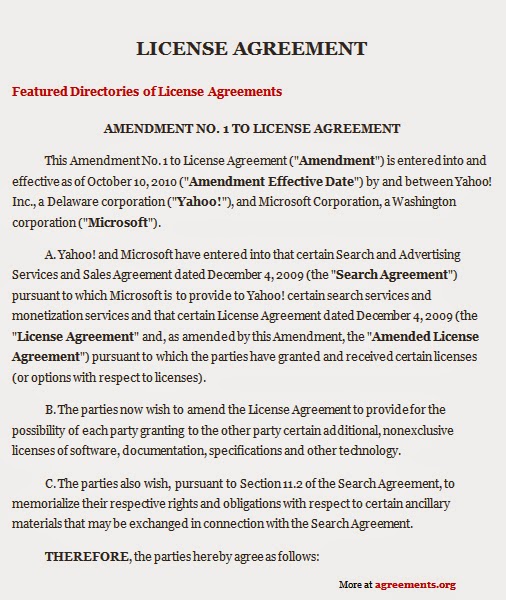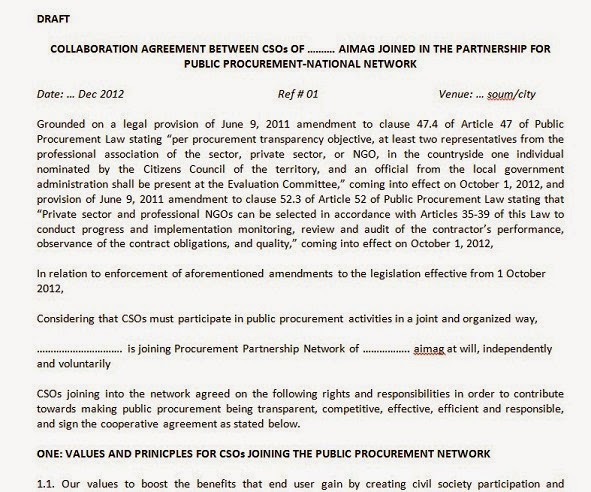Contractual Arrangement within The Games Industry
Employment
This is used for setting the terms and condition of your employment. This will include what the company expects from you as an employee and in turn what the company will do for you if you comply. The contract will include different clauses such as benefits, confidentiality and rules about competitiveness with the company.
Development Agreement
From time to time the publisher of a game will hire a developer to help them create games. When this happens a development agreement is made which tells both parties the terms of the development deal.
Terms: This involves the finances. This tells the developer how much the publisher will be paying them and what amount of time they have to develop the game.
Ownership: This is to establish who owns the IP. The developer or the publisher.
Warranties: The developing company has to agree that they will not use anybody else's source code, artwork or storyline (any IP). In turn the publisher has to agree that they have the right to ask the developer to create this game.
License
This is a contract which is made when a publisher decides to make a game about a movie or some other IP. The publisher and the movie IP owner will work together to agree the terms of the license. The contract lets both parties know what the publisher is getting rights to use. The contract will more than likely state which consoles the game will be able to be played on. The contract will also include where in the world this games can be played. The terms will include how long the contract will run for. It is usually no longer than five years.
NDA
NDA stands for Non Disclosure Agreement. In order for a company to do business with another company they have to disclose something secret which hasn't been released to the public yet. This could be a new game or a new technology. The other company has to agree that they will keep the secret confidential. If for any reason they decide to tell anybody this information they could face going to court.
Collaboration
Collaboration agreements state in clear terms how an indie or hobby project is controlled. It also includes who owns the IP, how the game is meant to be used, how termination of the project is going to be managed, how it is shared out and how any income will be handled. This is very important when building indie games as they are usually likely to fail. Ownership and compensation are usually big problems when the games fail which is why collaboration agreements are vital.
Sources





No comments:
Post a Comment